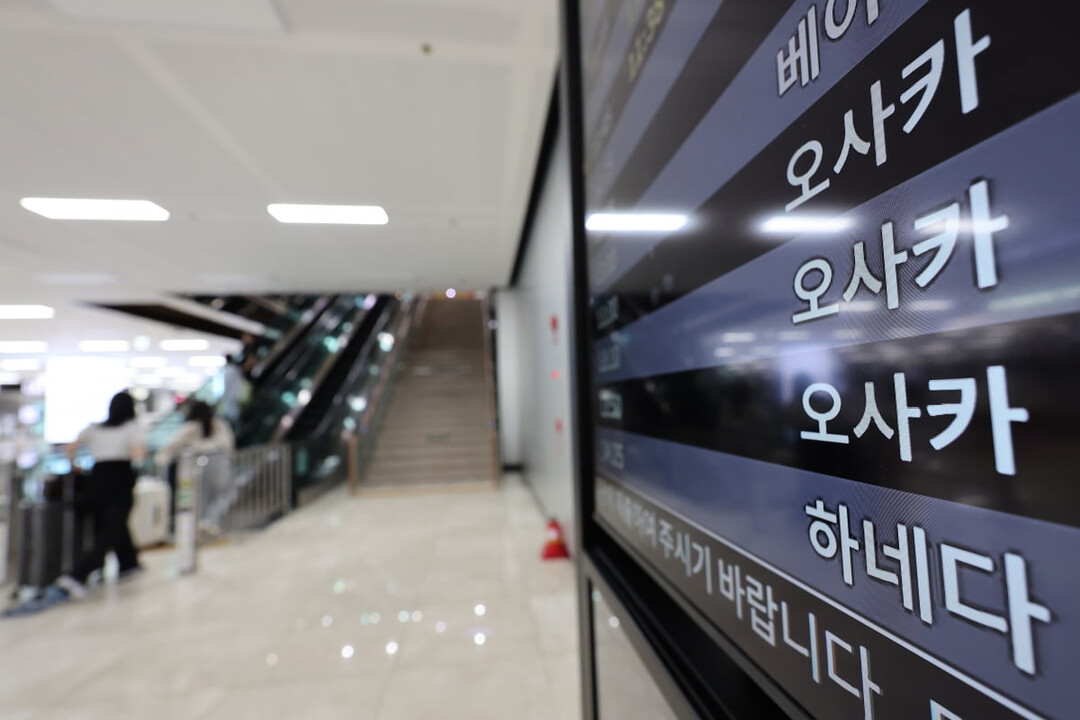
SEOUL, South Korea – A looming summer holiday season for Japan is being overshadowed by widespread anxiety among prospective travelers, fueled by persistent online rumors of a major earthquake striking in July. This apprehension has led to a noticeable drop in flight bookings, prompting airlines to scale back some services and leaving travelers grappling with difficult decisions about their plans.
The unease stems primarily from a prophecy attributed to Japanese manga artist Tatsuki Ryo, whose 1999 work, "The Future I Saw," is widely circulated online. Ryo gained significant attention after reportedly predicting the 2011 Great East Japan Earthquake (Tohoku earthquake and tsunami). While some of her predictions are cited by proponents as evidence of her prescience, critics point out that not all her prophecies have materialized. Despite this, the current online fervor has created a ripple effect across the travel industry.
Booking Declines and Airline Adjustments
Since April, when the July earthquake rumors began to intensify, major Asian markets have seen a significant decline in flight reservations to Japan. Travel analytics firm ForwardKeys recently reported a staggering 50% drop in Japan-bound flight bookings from Hong Kong compared to the previous year. Even more dramatically, bookings for late June to early July plummeted by as much as 83%.
South Korea and Taiwan have also experienced a noticeable reduction in Japan-bound air ticket sales. This downturn has directly impacted some airlines, forcing them to adjust their flight schedules. Greater Bay Airlines, a low-cost carrier based in Hong Kong, has already cut back its flight frequency on several Japan routes. Specifically, the Hong Kong-Sendai route has been reduced from four to three flights per week, and the Hong Kong-Tokushima route from three to two flights per week. These reductions are in effect from May 13 to October 25.
Traveler Dilemmas and Online Discussions
Online communities and social media platforms are abuzz with discussions from anxious travelers. Comments such as "I was planning a trip to Japan in July, but I'm scared because of the earthquake," "The prophecy date is July, so should I avoid before and after?" and "My mom told me to cancel the flight" are common.
One traveler expressed their apprehension, stating, "A summer trip to Japan is already hot, and if an earthquake happens, it would be too dangerous. There's no reason to go." Another user acknowledged the financial implications but prioritized safety: "Cancellation fees are a waste, but peace of mind comes first," indicating a willingness to alter their plans.
Expert Reassurance and Government Warnings
Japanese experts have largely dismissed the specific July earthquake prediction, emphasizing that modern science cannot accurately predict the exact timing of earthquakes. They urge the public not to be unduly concerned. Even Tatsuki Ryo herself has reportedly advised people to "not be swayed too much by the manga content and refer to expert opinions."
However, a recent official warning from the Japanese government has inadvertently amplified some of the public's anxiety. Japan has issued "Nankai Trough Earthquake Provisional Information" (Giant Earthquake Alert) for regions where a massive Nankai Trough earthquake is anticipated. The Nankai Trough is a subduction zone extending from off the coast of Shizuoka Prefecture, west of the metropolitan area, to the southern part of Shikoku and the eastern part of Kyushu. Historically, major earthquakes in this region have occurred at intervals of 100 to 150 years. The Japanese government estimates there is a 70-80% probability of a Nankai Trough earthquake occurring within the next 30 years. While this is a long-term geological assessment and not a specific short-term prediction, its formal issuance has understandably contributed to a heightened sense of caution among some travelers.
Industry Perspective
Despite the current wave of cancellations and reduced bookings, the travel industry remains largely operational. An industry official noted, "So far, there are more customers asking if their local itinerary can proceed normally rather than outright cancellation inquiries." They further reiterated that "Japan is inherently prone to earthquakes, and all travel products are proceeding normally."
The current situation highlights the delicate balance between public perception, online information dissemination, and the scientific understanding of natural phenomena. While the "July earthquake" prophecy lacks scientific basis, its impact on travel behavior is undeniable, demonstrating the power of internet-fueled speculation in an interconnected world. The coming weeks will reveal whether the reassurances from experts and the inherent resilience of Japan's tourism sector can mitigate the lingering anxieties and encourage a return to normal travel patterns.
[Copyright (c) Global Economic Times. All Rights Reserved.]




























